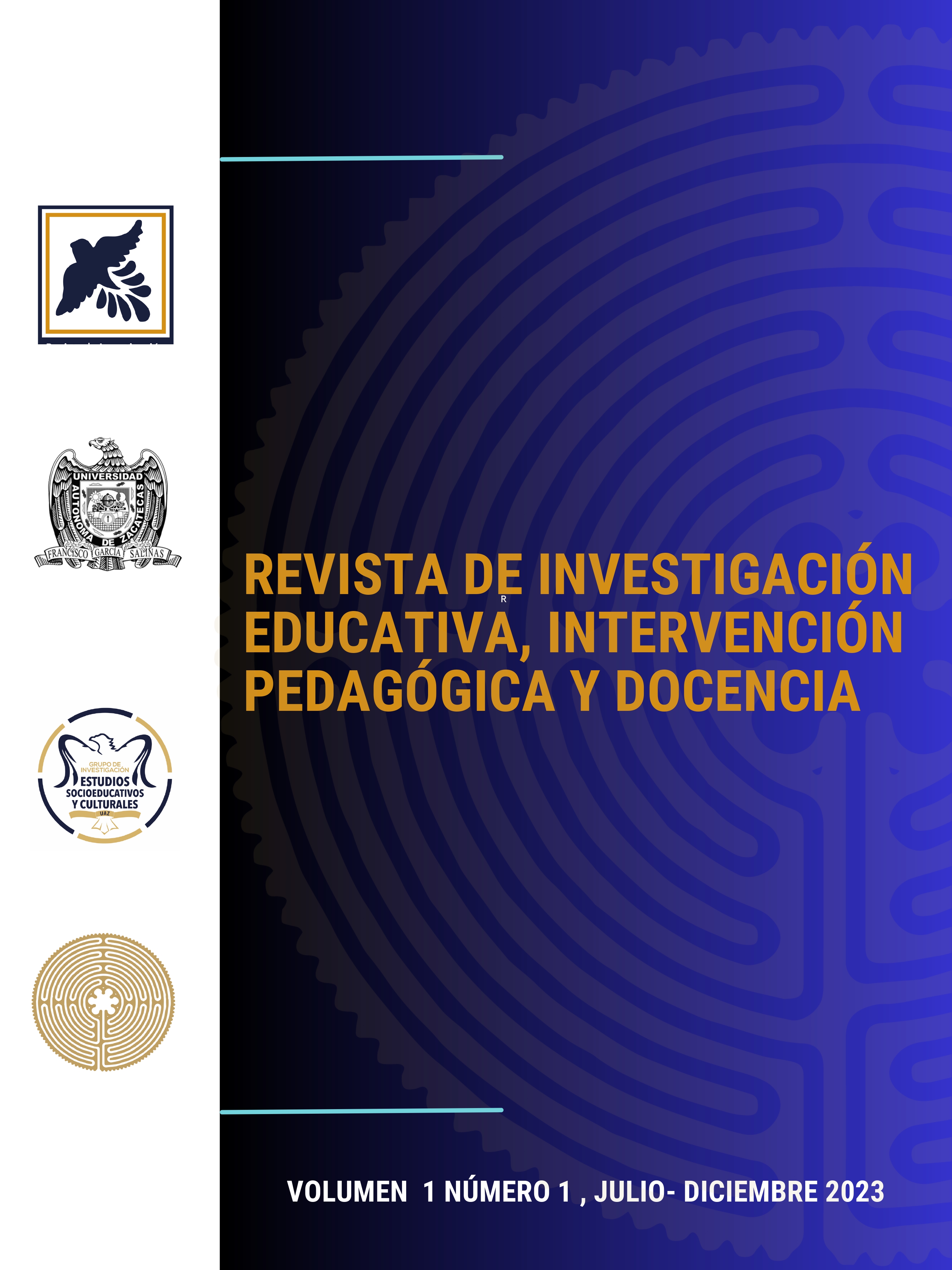Publicado 2023-06-30
Palabras clave
- autoconcepto académico,
- desempeño académico,
- representaciones infantiles
Derechos de autor 2023 Revista de Investigación Educativa, Intervención Pedagógica y Docencia

Esta obra está bajo una licencia internacional Creative Commons Atribución-NoComercial-CompartirIgual 4.0.
Cómo citar
Resumen
Esta investigación analiza las representaciones que el alumnado de un grupo de preescolar de Zacatecas, México, hizo de sí mismo en torno a su desempeño académico en el ciclo escolar 2019-2020 y el 2020-2021. Un hallazgo importante fue la construcción de un autoconcepto académico diferenciado según el ámbito formativo de este nivel escolar. El autoconcepto es una habilidad socioemocional dinámica y un constructo sociocultural que aprende y manifiesta el niño y la niña a temprana edad. En el entorno escolar estas representaciones se moldean a través de los contenidos curriculares del área de Habilidades socioemocionales y proyecto de vida, en la medida en que, es el eje que contribuye al logro del perfil de egreso de preescolar, esto es, al sano crecimiento personal, académico, social y emocional de las y los infantes. A partir de técnicas cualitativas como la observación y las encuestas aplicadas con base en la Escala de Percepción del Autoconcepto Infantil (EPAI) y la Escala Gráfica de Competencia Percibida y Aceptación Social para Niños y Niñas en Edades Tempranas (PSCA, por sus siglas en Inglés) se identificaron y analizaron las formas en que el alumnado de este grupo, visualizó, comprendió y valoró sus necesidades, saberes, pensamientos, emociones, sentimientos e ideales propios y de los otros, y aprendió a tomar decisiones, reconocer y cualificar su desempeño escolar.


